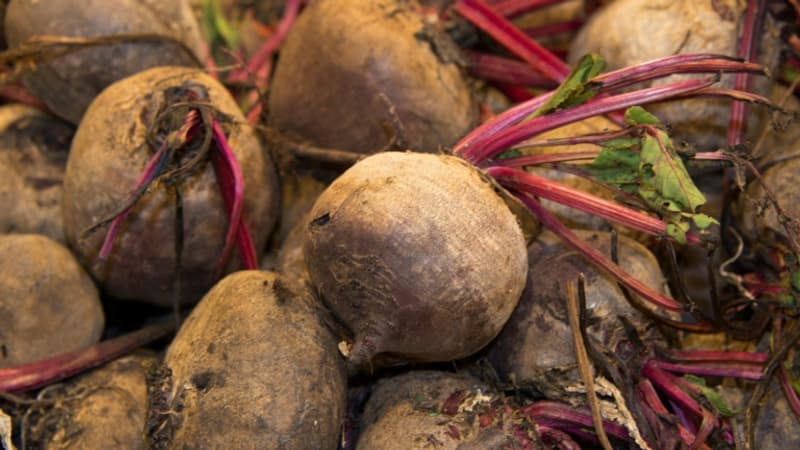It is not possible to repeal the European ban on seeds treated with neonicotinoids, even in the exceptional circumstances invoked to protect beets, the EU court ruled on Thursday, compromising the “emergency authorizations” granted by several countries, including France.
The European Union has banned since 2018 the use in the open field, for all crops, of three neonicotinoids (clothianidin, thiamethoxam and imidacloprid), accused of accelerating the massive decline of bee colonies. However, eleven Member States of the EU have adopted “emergency authorizations” to face the fall in their yields due to diseases, among them Belgium and France – which was preparing to renew its repeal for a third year.
illegal derogations
Taken from the case of six exceptions adopted in the autumn of 2018 by Belgium, related in particular to seeds, the Court of Justice of the EU (CJEU) considered them illegal. It is true that a provision allows Member States to authorize, on a derogatory and temporary basis, the use of pesticides containing substances prohibited in the EU, “in exceptional circumstances, when a threat that compromises plant production or ecosystems cannot be controlled by other means reasonable”.
Mais cette disposition “ne permet pas de déroger aux réglementations visant expressément à interdire la mise sur le marché et l’utilisation de semences traitées à l’aide de tels produits”, juge la Cour, dont les arrêts s’imposed aux jurisdictions des Vingt -Seven. NGOs that have taken legal action have argued that these neonicotinoids “are increasingly being used as a seed coating technique” and, “instead of being sprayed on crops, they are therefore applied preemptively to crops.” seeds before sowing, regardless of the proven presence or not”. of the insects that are intended to be eliminated”.
However, Member States are obliged to give preference to “low pesticide” or even “non-chemical” insecticidal methods where possible, and to use “practices and products that present the least risk to human health and the environment.” environment among those available”, insists the Court
“Big Day for the Bees”
In France, Parliament authorized the temporary return of neonicotinoids at the end of 2020, to rescue the beet industry whose yields had been drastically reduced by jaundice, a disease transmitted by the green aphid. The law specified that exemptions could only be granted, until July 2023, for sugar beet seeds.
The French Minister of Agriculture, Marc Fesneau, spoke in December in favor of a new repeal, after those of 2021 and 2022, “to fight effectively” against the proliferation of the green aphid “pending alternative solutions.” In Germany, exemptions for the use of neonicotinoids were granted on around a third of beet acreage in 2021, according to the industry federation.
Of fourteen pesticides banned by Brussels, in the last four years 236 exceptions have been adopted throughout the EU, half in relation to neonicotinoids, without the States justifying their need, estimates the PAN Europe association, co-applicant before the CJEU. “The CJEU clearly establishes that substances banned in the EU for health or environmental reasons cannot be reintroduced indirectly at the state level, a practice that has become commonplace,” observes the lawyer for the NGO Antoine Bailleux.
These derogations “do not present an analysis of the exceptional nature of the situation encountered and chemical and non-chemical alternatives do exist,” Belgian environmentalist deputy Séverine de Laveleye reacted on Thursday. PAN Europe director Martin Dermine hailed “a great day for pollinators in Europe”, which “reminds that the law must take precedence over the interests of the pesticide industry and agribusiness lobbies”.
The same satisfaction, in France, of the League for the Protection of Birds (LPO), which announced after not participating in Friday’s meeting of the French Neonicotinoid Surveillance Council, “so as not to be complicit in a decision to the contrary to the law”. The NGO Agir pour l’environnement and the Confédération paysanne union had recently closed the door of this council, considering that “the risk of resumption of the spread of the jaundice virus is almost non-existent” for the 2023 season and therefore not may not justify a new exception.
Source: BFM TV


